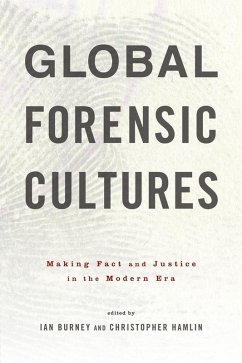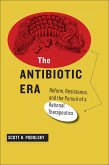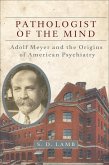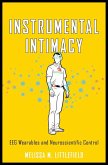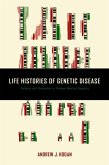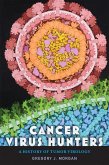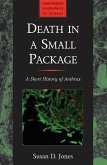Essays explore forensic science in global and historical context, opening a critical window onto contemporary debates about the universal validity of present-day genomic forensic practices.Contemporary forensic science has achieved unprecedented visibility as a compelling example of applied expertise. But the common public view-that we are living in an era of forensic deliverance, one exemplified by DNA typing-has masked the reality: that forensic science has always been unique, problematic, and contested. Global Forensic Cultures aims to rectify this problem by recognizing the universality of forensic questions and the variety of practices and institutions constructed to answer them.Groundbreaking essays written by leaders in the field address the complex and contentious histories of forensic techniques. Contributors also examine the co-evolution of these techniques with the professions creating and using them, with the systems of governance and jurisprudence in which they are used, and with the socioeconomic, political, racial, and gendered settings of that use. Exploring the profound effect of "e;location"e; (temporal and spatial) on the production and enactment of forms of forensic knowledge during the century before CSI became a household acronym, the book explores numerous related topics, including the notion of burden of proof, changing roles of experts and witnesses, the development and dissemination of forensic techniques and skills, the financial and practical constraints facing investigators, and cultures of forensics and of criminality within and against which forensic practitioners operate.Covering sites of modern and historic forensic innovation in the United States, Europe, and farther-flung imperial and global settings, these essays tell stories of blood, poison, corpses; tracking persons and attesting documents; truth-making, egregious racism, and sinister surveillance. Each chapter is a finely grained case study. Collectively, Global Forensic Cultures supplies a historical foundation for the critical appraisal of contemporary forensic institutions which has begun in the wake of DNA-based exonerations.Contributors: Bruno Bertherat, Jose Ramon Bertomeu Sanchez, Binyamin Blum, Ian Burney, Marcus B. Carrier, Simon A. Cole, Christopher Hamlin, Jeffrey Jentzen, Projit Bihari Mukharji, Quentin (Trais) Pearson, Mitra Sharafi, Gagan Preet Singh, Heather Wolffram
Dieser Download kann aus rechtlichen Gründen nur mit Rechnungsadresse in A, B, BG, CY, CZ, D, DK, EW, E, FIN, F, GR, HR, H, IRL, I, LT, L, LR, M, NL, PL, P, R, S, SLO, SK ausgeliefert werden.

